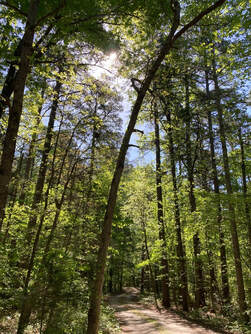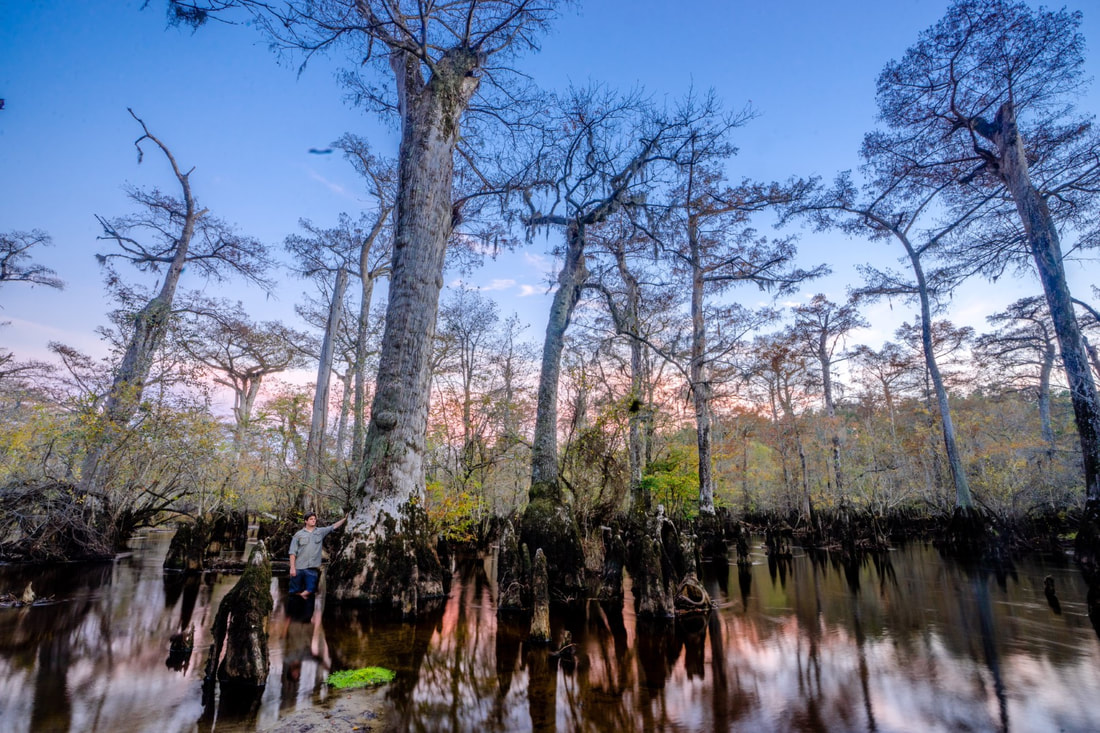By Curt MeineEditor's note: This essay is part of Curt Meine’s book, Correction Lines, published in 2013 by Island Press (Washington, DC). It appears here by permission of the author. This is the third and final section of Meine's essay. The land ethic will need to help reform the traditional economic worldview to include conservation concerns in a meaningful way.
Can the land ethic have deep and meaningful impact on the human economic enterprise? This is the 750-pound gorilla. For all the discussion of sustainability in recent decades, conservation has had a hard time gaining a full hearing within the dominant schools of neoclassical economics. Especially with rapid globalization and technological change driving economic development, conservation receives scant attention in the salons of high finance and international trade. Is there room, in the long run, for true reconciliation of economic and ecological worldviews? Is there any safe way out of our current addiction to the quarterly earnings report to a sincere commitment to the seventh generation? . . . . . . . . .
0 Comments
 Southern Conservation Partners is honored to partner with Earthseed Land Collective in Durham, North Carolina and to have served as their 501(c )(3) fiscal sponsor since 2019. Zulayka Santiago in 2023 authored and published a wonderful collection of her essays, meditations, poems, photos, and perspectives on life and nature that focuses on her experiences and observations gained while in residence on Earthseed’s 48-acres of woodlands, meadows, and gardens in north Durham. Zulayka is one of seven founding members of the collective and co-steward of its property purchased in 2016. Triangle Land Conservancy holds a permanent conservation easement over nearly 30-acres of the land, primarily consisting of the forested portion and its streams. In our view, Zulayka’s writing is masterful, inspirational, and lovely. We highly recommend her book, Outside I Breathe Freely, for your reading and reflection.* Following are excerpts that may give you a taste of her sumptuous compositions. <click "Read More," below right > We are pleased to share with you an Earth Day essay written by Thomas Wentworth, PhD, inspired by his experience at the "Three Sisters Swamp" of the Black River in eastern North Carolina. Tom is Alumni Distinguished Undergraduate Professor, Emeritus, Department of Plant & Microbial Biology, North Carolina Statue University. I visited BLK227 on a Tuesday for an interview. BLK227 is a Baldcypress tree (Taxodium distichum for the botanists) in the Three Sisters Swamp section of the Black River, a bit west of Burgaw, North Carolina. BLK227 was so named by Dr. David Stahle, who runs the Tree Ring Laboratory in the Department of Geosciences at the University of Arkansas in Fayetteville. BLK227 holds the current world record for documented age of any Baldcypress tree, 2,629 years old this year. That’s a minimum age, by the way, because Dr. Stahle had to core BLK227 at a height of 10 feet above the swamp floor, and it is unknown how long it takes for a Baldcypress seedling to reach 10 feet in height. That minimum age is impressive - that’s 629 years Before the Common Era. BLK227’s age firmly establishes Baldcypress as the oldest wetland tree species on Planet Earth, and number five on the worldwide list of the oldest known continuously living, sexually reproducing, non-clonal tree species based on dendrochronology, the scientific study of tree rings. < click "Read More" below right >
I seldom make recommendations to friends and colleagues, but sometimes it is necessary to share an exceptional book, article, or video. Not long ago I “attended” the live, online presentation by Dr. Tom Fleischner, founding director (now retired) of the Natural History Institute based in Prescott, Arizona. I’ve recently become immersed in the institute’s programs and mission, and highly recommend that you too investigate its resources, including its online programs. The 50-minute PRESENTATION by Tom Fleischner is in essence a summation of his life’s work to bring the “study” of natural history back to the attention of a larger portion of the public, because this “oldest continuous human endeavor” is, frankly, at its lowest point ever in the realm of human attention. Please watch/listen to this presentation on the importance of natural history (including the concluding Q & A dialogue). Natural history—a verb, not a noun—is the practice of falling in love with the natural world. It is about paying attention. Natural history integrates science, art, and the humanities (e.g., literature and storytelling). “We need to love this world! Loving the natural world matters,” says Fleischner. Natural history forms a basis for moral behavior. Quoting Aldo Leopold and his simple definition of a Land Ethic: “A thing is right when it tends to preserve the integrity, stability, and beauty of the biotic community. It is wrong when it tends otherwise. . . . We can be ethical only in relation to something we can see, feel, understand, or otherwise have faith in.” Through attention to and immersion in nature, we develop kinship and a reciprocal relationship with the more-than-human world. Thus, the practice of natural history might promote healing for both ourselves and the world. Please listen and be moved by this lecture. Pass it on, and most important: let’s work to move others to discover or rediscover natural history. —Chuck Roe, President, Southern Conservation Partners We highly recommend watching this eight-minute video. Grasslands are a surprising part of the North Carolina Piedmont’s (and much of the Southeast's) ecological history. Learn how planting native grassland species in our yards and other open areas mimics historical landscapes while improving the soil and fighting our changing climate. This story is part of the Pulitzer Center’s Connected Coastlines reporting initiative and was produced by PBS-NC.  On September 6-8, 2022, Southern Conservation Partners teamed with the North Carolina Natural Heritage Program, North Carolina Botanical Garden, The Nature Conservancy, and others to co-sponsor a three-day forum on the Future of Conservation that brought together over 140 participants and key experts on biodiversity, changing climate resilience planning, environmental justice and inclusion from all over North Carolina for dialogue and to develop strategies to better understand and protect imperiled species and ecosystems. (View the PROGRAM here.) Below download slides from the introductory plenary presentation, titled Diversity, Resilience, Learning, Place, and Conservation, by Dr. Alan Weakley, University of North Carolina Herbarium Director.
|
When we see land as a community to which we belong, we may begin to use it with love and respect.... Conservation, viewed in its entirety, is the slow and laborious unfolding of a new relationship between people and land." There is in fact no distinction between the fate of the land and the fate of the people. When one is abused, the other suffers. From the PresidentSCP President Chuck Roe looked at land conservation along the route of John Muir's "Southern Trek." About ViewpointThis blog offers views of our Board and partners. We invite your viewpoint on the following questions: Archives
April 2024
Categories
All
|
||||||||



 RSS Feed
RSS Feed